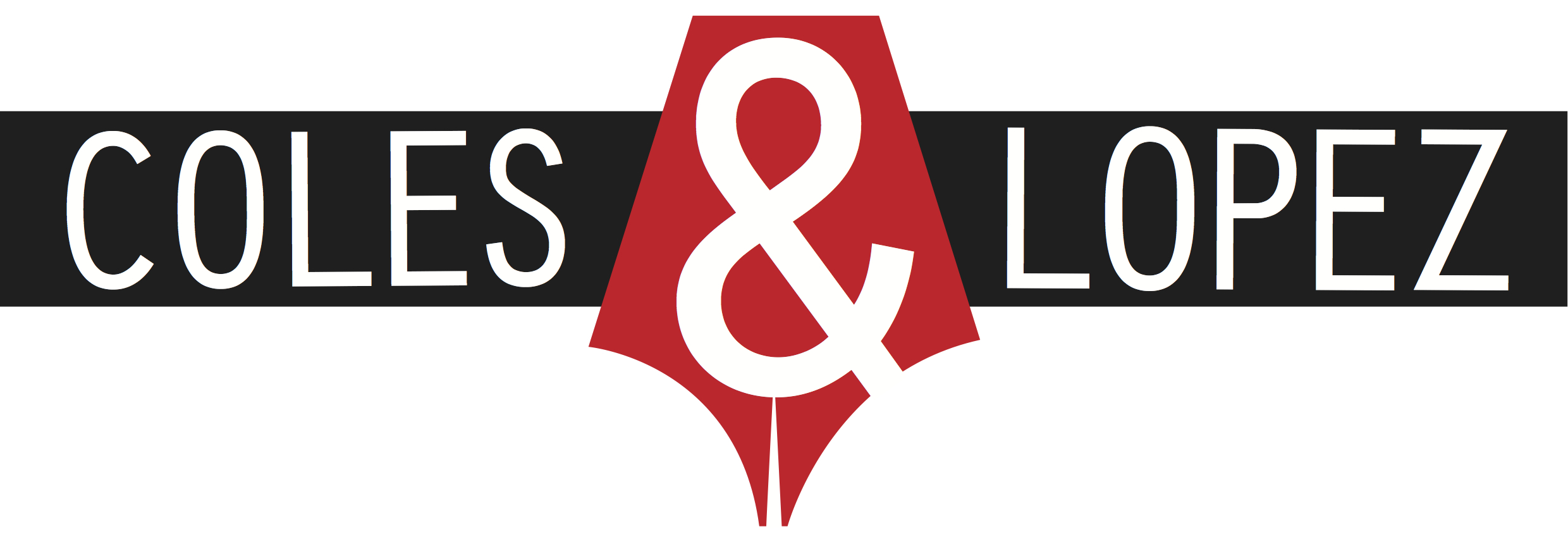She'll be wrong, mate
Being a New Zealander isn’t easy. We’re tiny. We’re far away from everything. Nobody can understand our accents:
It gets worse. Apparently, our distinctive vowel sounds – the ones that make “Bret” sound like “Brit”, “Ben” sound like “Bean”, and “Tim” sound like “Tum” – also make it harder for us to read and write. Fairfax Media recently spoke to three literacy experts who explained that most of us learn by sounding out words phonetically, and “New Zealand students have big difficulty differentiating between ‘ay’ and ‘ah’, and ‘e’ and ‘i’”.
This story got me thinking about another phenomenon I’ve observed. This one affects not just Kiwis but also Aussies, Brits and anyone else who speaks with a non-rhotic accent – that is, an accent where r’s aren’t pronounced unless they come before vowels.
The absence of a hard r sound leads to misspellings like “guttered” instead of “gutted” and “unchartered territory” instead of “uncharted territory”. A certain elderly relative of mine offers me a “lozenger”, instead of a lozenge, whenever I have a sore throat. The plural “lozenges” sounds just like “lozengers” in our accent, so it makes sense that she would work backwards and conclude that the singular must be “lozenger”.
What really interests me about these accent-based misspellings is that they go beyond letters on a page – they actually affect the way we see the world.
Take “gutted”. (American readers, this is a slang term meaning devastated, as in, “I was gutted when Flight of the Conchords finished after two seasons.”)
When you say that word, what do you picture? If you know the correct spelling is “gutted”, you might associate it with a gutted fish: disemboweled, destroyed, torn apart.
But if you’re one of the many people who misspells it “guttered”, it’s more likely you imagine being thrown into the gutter on the side of the road: discarded, rejected, laid low.
Those two interpretations are similar enough in essence that they’d never result in any real confusion:
TREV: I was so gutted when the All Blacks lost the World Cup.
GAZ: So was I! Wait, how do you spell that word?
TREV: G-U-T-T-E-D.
GAZ: Oh, OK, I spell it G-U-T-T-E-R-E-D. Guess we didn’t feel the same after all.
But, still, I find it fascinating that our accents – and our consequential spelling mistakes – can actually change our understanding of certain words and ideas.
Can you think of any other examples of accent-based spelling errors? I’d love to see them in the comments below.
